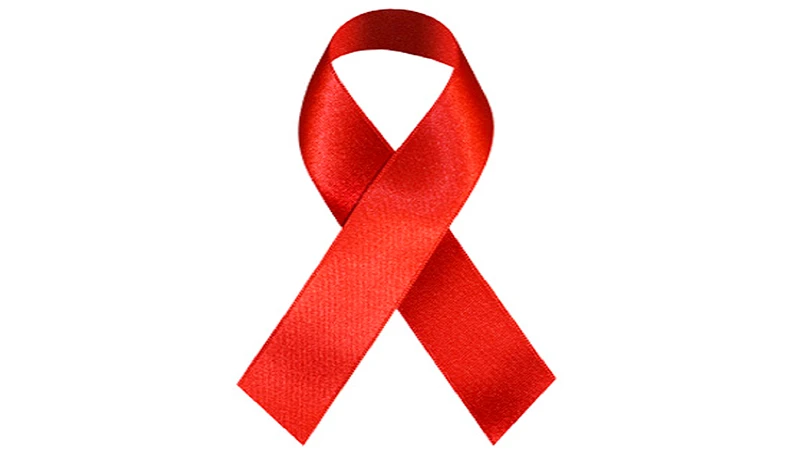Travel restrictions inopportune in Africa’s latest disease outbreaks

SALUTARY advice is being heard from the Africa Centres for Disease Control and Prevention (Africa CDC), a continental version – if you will – of the key United States federal agency, for countries to refrain from implementing instant travel bans or movement restrictions targeting African countries.
This is being directed at Europe and elsewhere, given the likely artificial construct that most of Africa is engulfed in mpox and marburg virus outbreaks and would thus pose a risk of contagion elsewhere. It is in a sense a natural reaction but, as the multilateral agency says, it is exaggerated.
While it is likely that the target of this caution is firstly trading partners abroad, it is evident that even within the continent many decision makers are scratching their heads hard and long as to the ambit of prevention measures being taken.
Nonetheless, the picture will likely be different on this side, as we all have little outbreaks time and again and none can be the wiser locking out entrants by shutting borders.
Travel bans or movement restrictions imposed by Africa CDC would have negative consequences on public health responses in the countries affected, seemingly in seeing such measures as prejudging the situation in Africa.
This stand to create a sense of crisis that is unwarranted even in the Democratic Republic of Congo, where mpox numbers are particularly high. Yet this nowhere compares with Covid-19 numbers where infections were far more rapid and generalised, as even there is generally a handful of cases in some countries and a few thousand in DRC.
There was surely a reference to international health guidelines to which Africa CDC said brusque reactions would undermine public health responses.
However, there is a counter perception arising from the global Covid-19 pandemic at the start of the decade.
UN agencies, especially the World Health Organisation breathed hard on Europe and North America regarding the locking out of Chinese travellers. Many say that this expedited contagion as checks were not being done exhaustively enough, ostensibly to avoid stigmatisation.
But if UN agencies had reason to worry about stigmatisation in relation to travellers from China, how much easier would it be for such attitude to be directed at Africa with the sort of outbreaks it is now experiencing?
That is precisely why policy makers abroad ought to desist from taking the Africa CDC view at face value where the key issue is that the spread of either of the two contagious diseases is not fast.
Phrased a bit differently it is that if these diseases are not affecting substantial numbers of local populations, then they may qualify to be described as outbreaks – but not necessarily as pandemics.
That is why there were misstatements when Africa CDC argued that curbing the flow of African travellers bound for abroad would deepen economic challenges and reignite the sort of inequities or mistrust as surfaced during the Covid-19 pandemic.
It is to walk into the trap of inaction delaying or resisting to act happened when the outbreak was hit China and it soon enveloped the rest of the world.
The reasons need to be more precise and scientifically valid and precise, like low risk of contagion and receptivity to drugs as well as with a high recovery rate so long as medication starts early enough.
Top Headlines
© 2024 IPPMEDIA.COM. ALL RIGHTS RESERVED

















